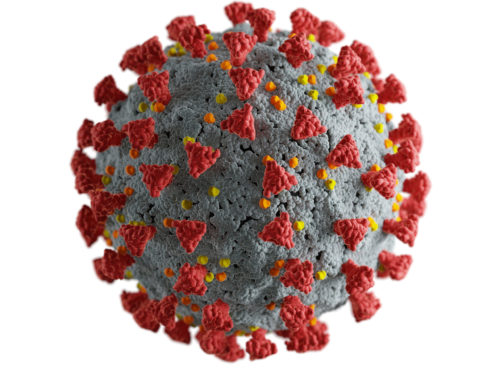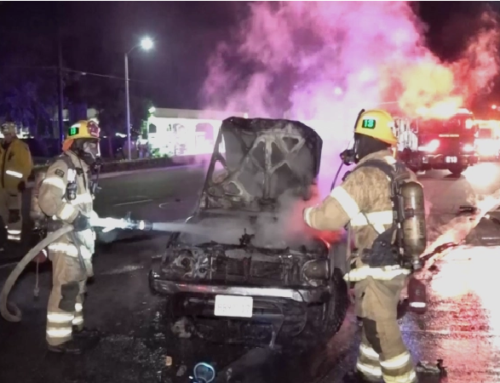Clients often ask what will happen to the mortgage on their property if their son or daughter inherit the home and money is still owed on the mortgage. Can the bank take the house back or does the bank have to honor the mortgage and continue lending to your son or daughter?
Ultimately, the simple answer is yes, a person can pass their home on to their children even though that home is still subject to a mortgage.
Mortgages often contain a “due on sale” clause, which protects the bank from a new owner who may not be qualified for a loan of his or her own. The clause allows the lender to declare a mortgage immediately due and payable any time real property is sold or transferred without the lender’s prior written consent. The due on sale clauses are broad and include any change in title even when ownership has not changed.
However, federal law preempts lenders from applying the clauses too broadly. The clauses do not apply to residential real property containing less than five residences, if any of the five following circumstances apply:
1) Transfer is by affidavit on the death of a joint tenant or tenant by the entirety;
2) Transfer is to a relative resulting from the death of a borrower;
3) Transfer is to the spouse or children of the borrower;
4) Transfer results from a decree of a dissolution of marriage, or
5) Transfer is into a living trust.
So, if someone leaves a home to a son or daughter, and the home is still encumbered by a mortgage, the lender can’t force the children to sell the house. But, your child must live in the house, continuing paying the taxes, and continue making the monthly mortgage payments. This is, of course, extremely beneficial if your mortgage has favorable terms (low interest rates, or no PMI). As a result of this federal law, your kin inherits these favorable terms.
In addition, if a child cannot afford a down payment on his/her own, or could not otherwise qualify to buy that home, this exception allows the heirs to continue to reside in the family home. These exceptions, however, do not apply to reverse mortgages or non-owner-occupied homes.






